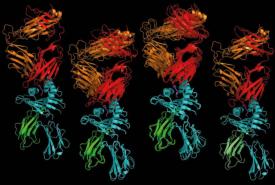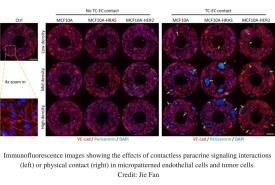Wearable Skin Patch Monitors Hemoglobin in Deep Tissues
A team of engineers at the University of California San Diego has developed an electronic patch that can monitor biomolecules in deep tissues, including hemoglobin. This gives medical professionals unprecedented access to crucial information that could help spot life-threatening conditions such as malignant tumors, organ dysfunction, cerebral or gut hemorrhages and more.


















